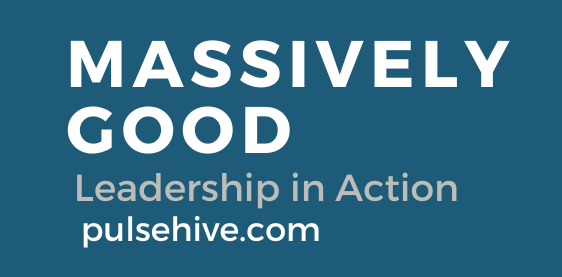Using Questions to Set Professional Boundaries

At the end of my first year as principal, burnt out and tied of being at the center of animosity for the first time in my life, I drafted 4 questions with a subset of my leadership team.
The purpose of the questions was to get each adult on campus, in any role, THINKING about our purpose, DREAMING of possibilities & PROBLEM SOLVING for the pain points. The questions were an exercise in solidifying our vision, mission and goals for the year at a deeper level.
I would always get a flood of requests, some reasonable and many absurd or passive-aggressive diversions to keep our attention elsewhere. Requests came at me by email, mailbox or in person - almost as if they were coordinated and calculated to get me off balance as the principal the subtext of all this was,
“Don’t Change! Let’s stay in a culture of pain and complaint!”
It was not good for 100% of the people - students, teachers, staff, parents and me.

The questions I drafted were all grounded in our goals and developing shared understanding & responsibility. Best case - let’s suspect everyone was overwhelmed themselves and just throwing suggestions out of their own clouded thinking.
“Can we send all 8th graders who’ve ever misbehaved or aren’t passing home for the last two weeks of school on independent study and do field day, movies and parties for the rest of us?” (That was a real request presented by three experienced teachers).
“Can we dedicate a classroom to send students to if they don’t have materials, are ‘defiant’ or aren’t on time?”
“Can we buy _____________________?”
Our goals were to:
- Raise achievement in English and Math from less than 30% of students meeting standards to over 50% (still and abysmally, unacceptably low goal for the school system)
- To implement a student-centered program that pro-actively taught self-regulation and routines and then responded in a way that led to learning & development
That’s it.
Those were two BIG AUDACIOUS GOALS. We had horrendous data on class suspensions, out of school suspensions, unacceptable achievement data that showed we weren’t impacting student growth positively and a campus life filled with tension & hostility.
My questions that I posed to everyone when I started to get requests at the end of year 1 about program changes, expenditures and expectations/policies:
- How does this support 100% of the students to progress in either ELA or Math?
- How is this student-centered and matches what we know about development of students ages 10-15?
- What will your role in this be (lead, co-lead or actively support)?
- What does success look like if we implement this/purchase this/make this change?
I made a template and anyone who wanted to propose something got the template. It was all public and shared amongst staff.
Guess what?
The ideas that advanced met the criteria. And this was transparent, public and clear to all staff.

The others were left to be revised to meet the criteria or stay out of our plans. Did personal gripes continue? Yes. But the questions and process brought some boundaries to these discussions and empowered others on the staff to shut down unnecessary or untrue complaints. Everyone had access to the questions, discussion and responses. They didn’t have to agree or like it, but they could see it was a shared focus.
Using Questions to Focus Our Work allowed:
- Instructional coaching (weekly, all classrooms had a highly effective coach to support literacy and math across the curriculum)
- Full implementation of restorative justice school wide; and
- Last 6 weeks of school had adult - 8th grader 1:1 mentoring for anyone at risk of failing 8th grade classes
It took me out of the middle of the conversation and removed me from being the decider of all things (which had also led to me being the target of complaints). It empowered the critical mass of staff to lead their peers and the school and really understand the purpose.
Every 8th grader who had the 1:1 mentoring improved. Some still failed multiple courses but ended their 8th grade knowing they had grown and left with a positive relationship with at least one adult on campus.
I had many private conversations with teachers who shared how important it was to them and their well-being to know how engage their colleagues in debates and discussions about why things had to change. We had a frame for the points of contention, and we used these questions to set boundaries for our professional life at school.


